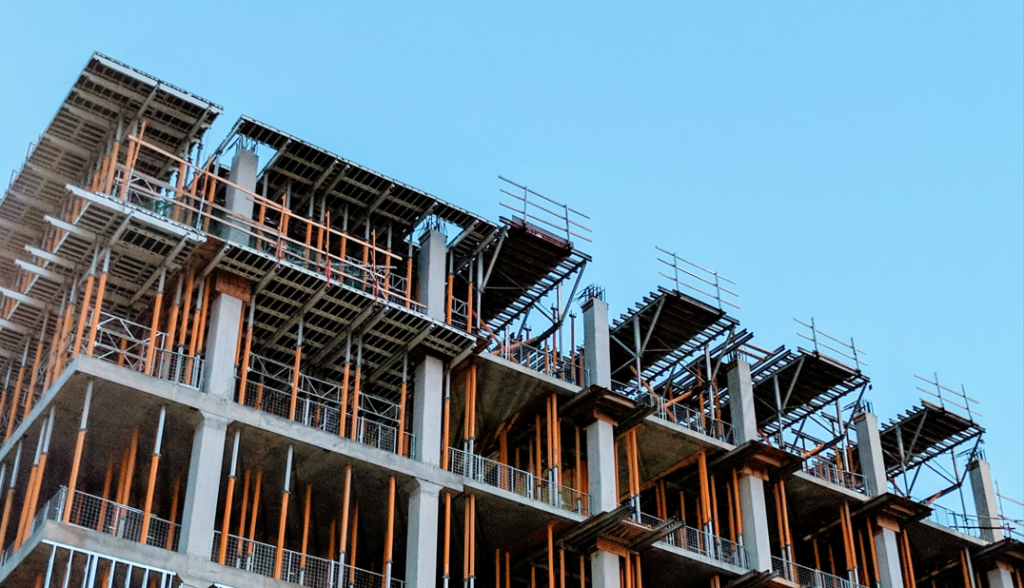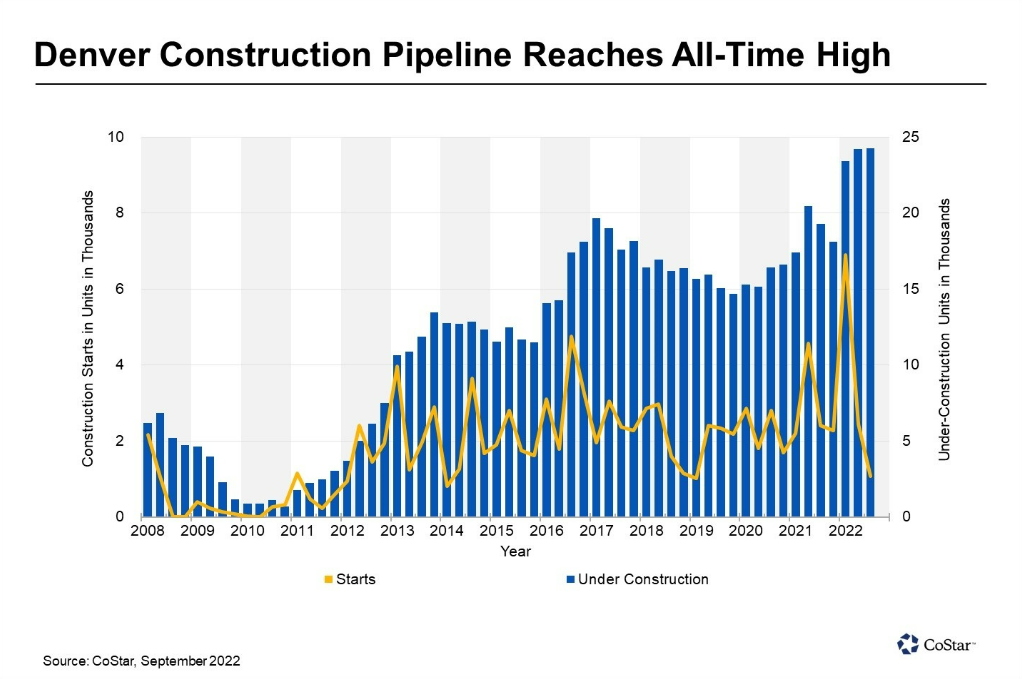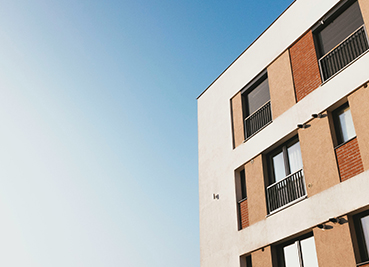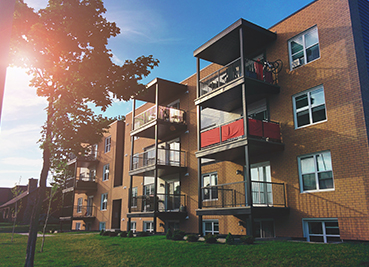
As seen on CoStar
Record Construction Underway as Demand Continues To Cool

Denver’s apartment construction pipeline has swelled to 24,000 units, an all-time high for the market. This puts Denver on track to expand its inventory by 9% once these units come on line.
The local housing market has been chronically undersupplied dating back to the Great Recession, when the housing bubble caused developers to slam the breaks on single-family housing development. The tempered rate of single-family construction, combined with strong population growth, has led to heightened demand for apartments. In a market characterized by fierce bidding wars and hefty price escalations, many would-be buyers instead turned to the rental market.
Demand for Denver apartments reached a fever pitch in 2021, and net absorption, the difference between move-ins versus move-outs, totaled nearly 12,000 units for the year. Developers scrambled to break ground on new units to capitalize on the heightened demand.
But demand has noticeably cooled since the beginning of the year as inflation eats into prospective renters’ budgets and ongoing recession fears delay household formation. About 5,000 units have been absorbed year to date through August, equal to the number of units absorbed in the second quarter of 2021 alone.
Most of the construction is concentrated in Downtown, where 9,000 units are underway, on top of the 2,500 units that opened in the past 12 months.
The number of units under construction will likely increase further in the coming year. The Denver City Council passed an affordable housing policy that went into effect July 1. New housing developments of 10 or more units are now required to set aside between 8% and 15% of units as affordable, depending on factors including location and the level of affordability those units will provide. Permitting increased by nearly 400% ahead of the June 30 deadline, as developers raced to submit plans before they would be subjected to the new law.
While the impending supply wave appears daunting, the need for additional housing persists.
Denver is home to more than 3 million people and has a growth rate that has outpaced the national rate every decade for nearly a century. A high quality of life and relative low cost of living have attracted new residents, particularly from expensive coastal markets. Denver’s population is now projected to reach 3.6 million by 2030, according to the Metro Denver Economic Development Commission.




